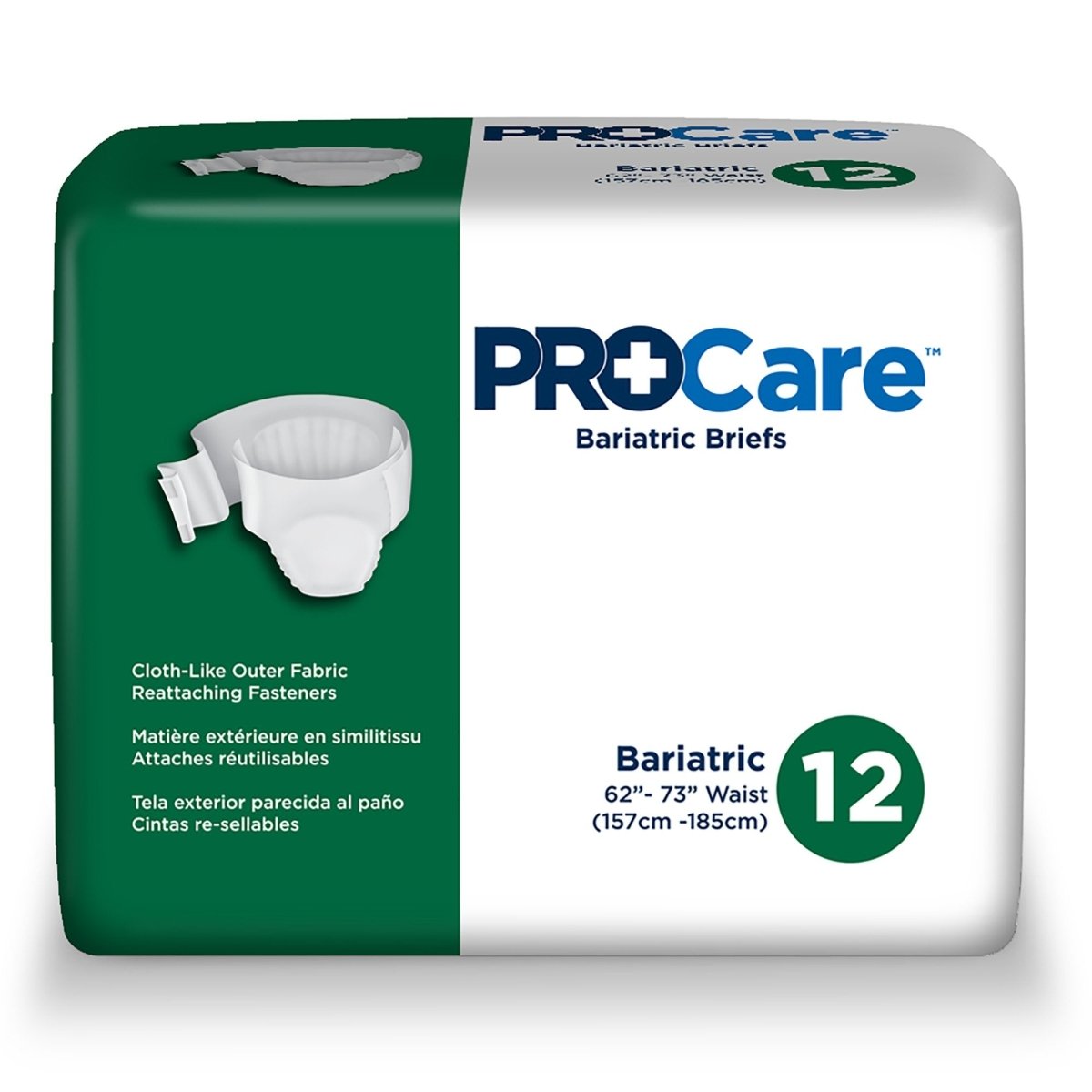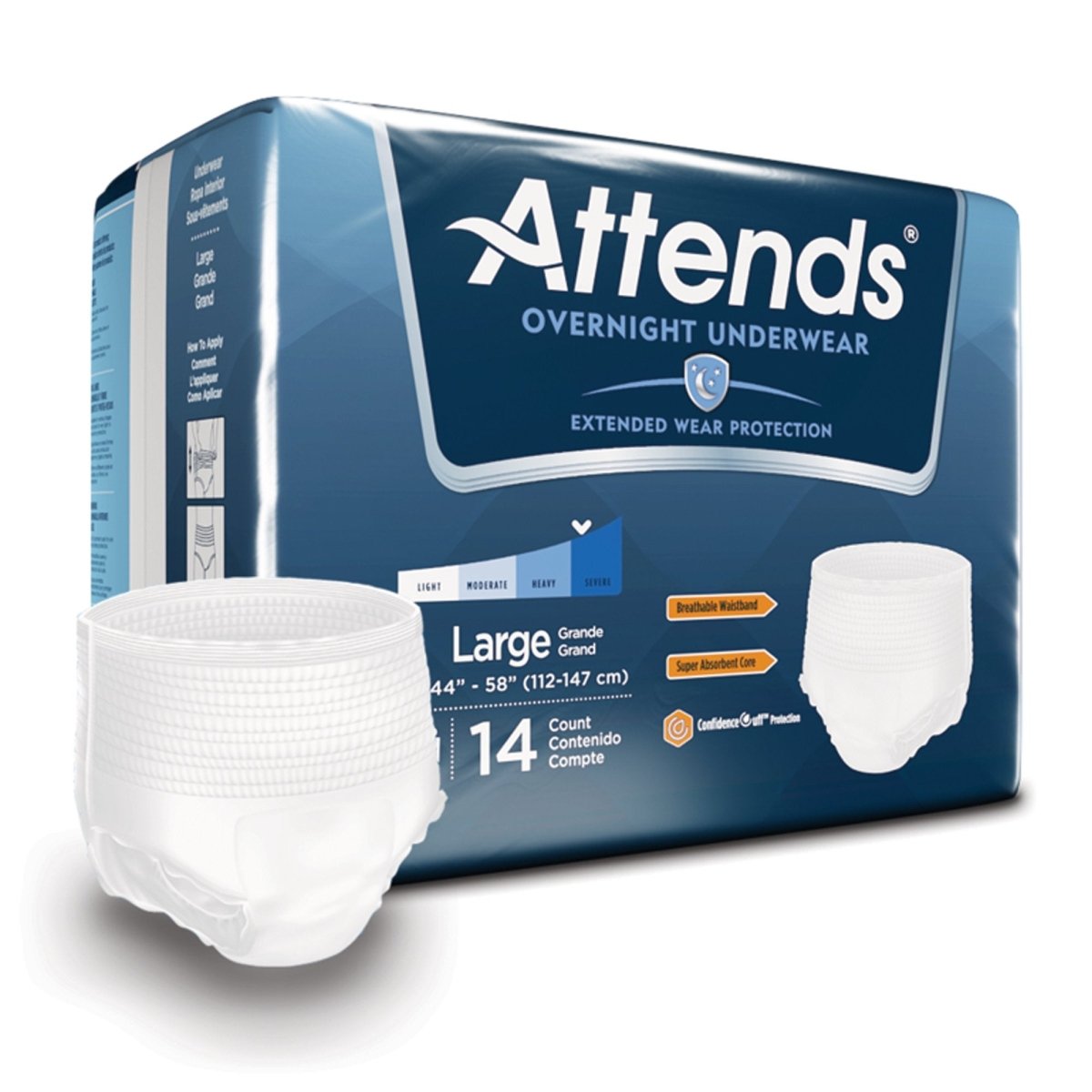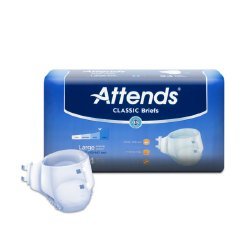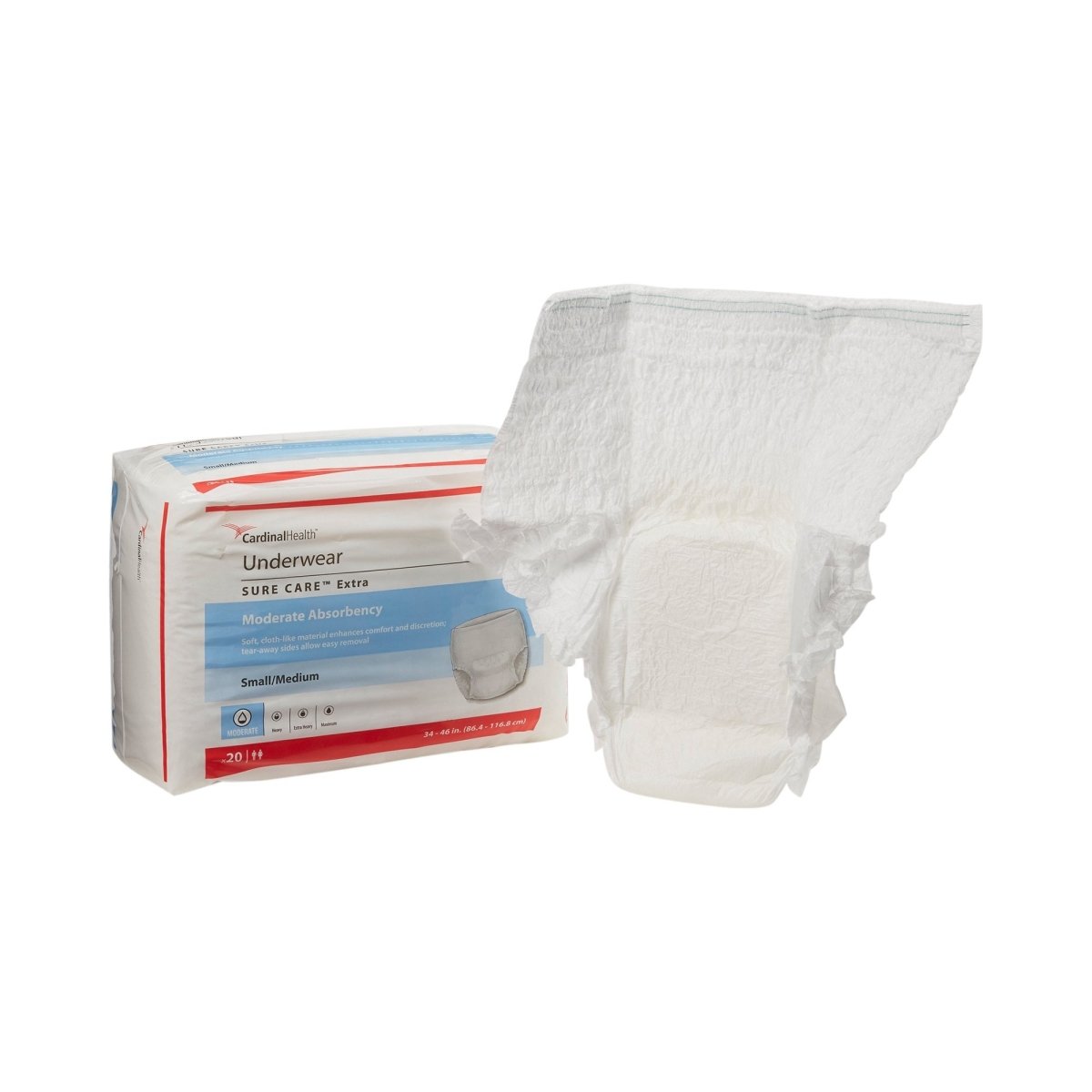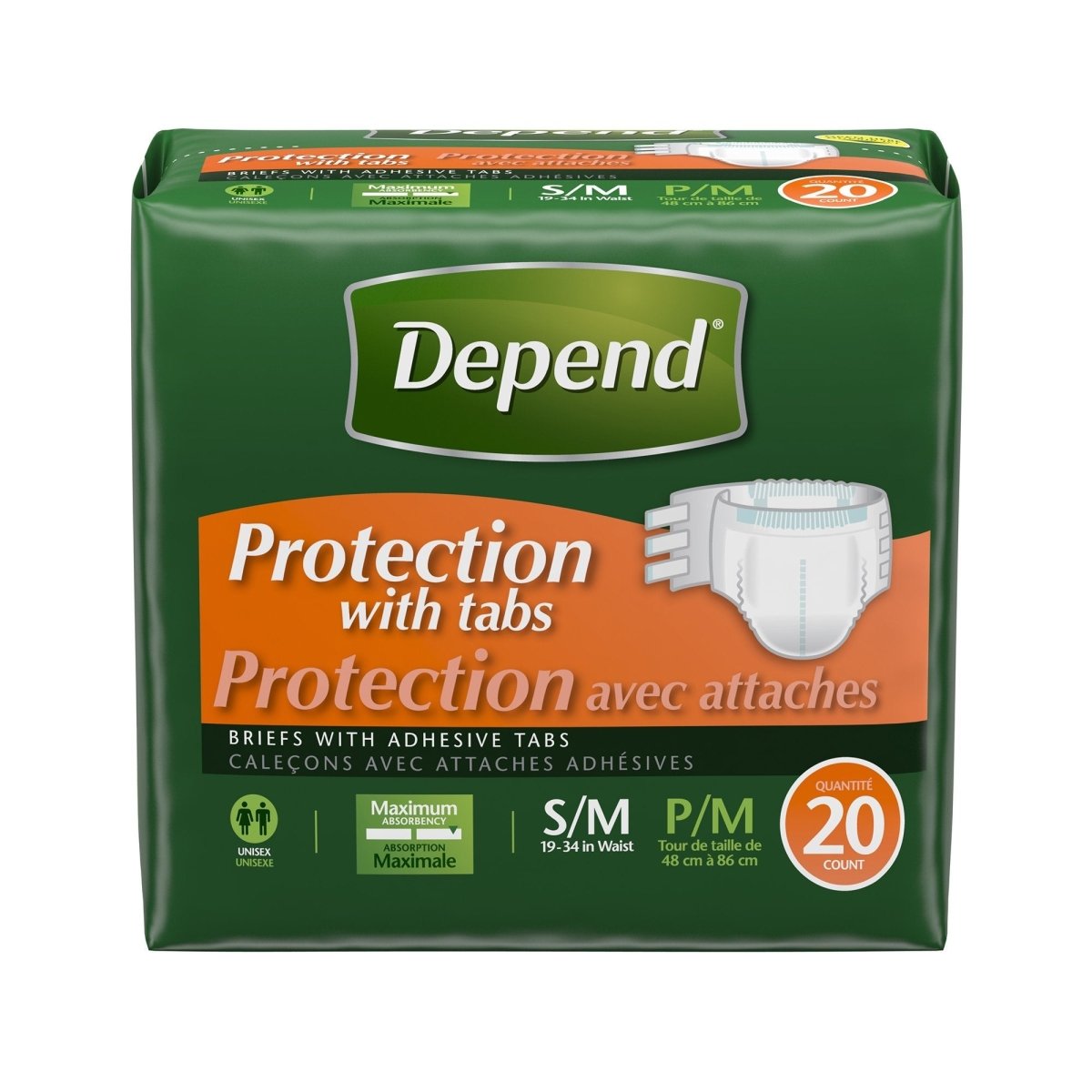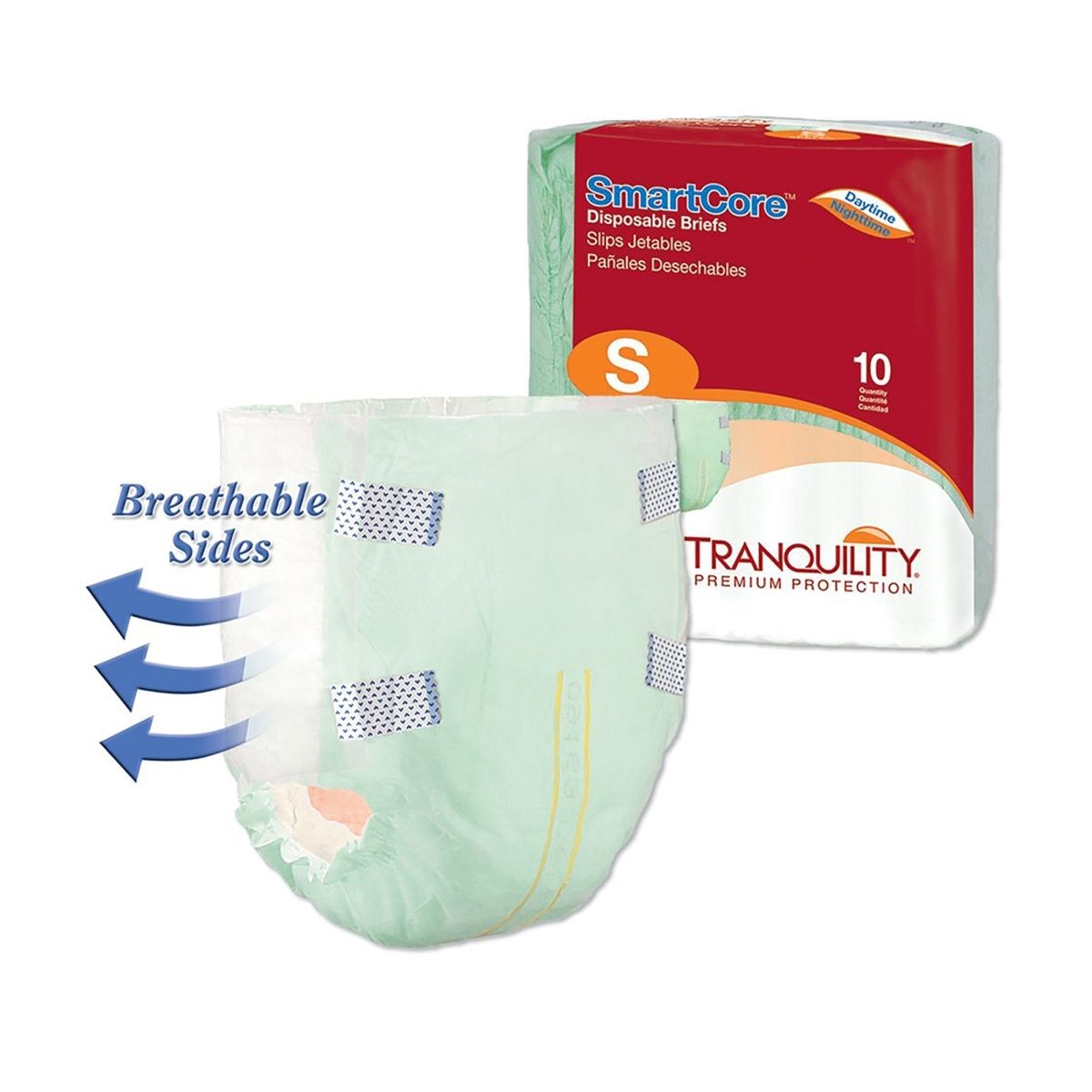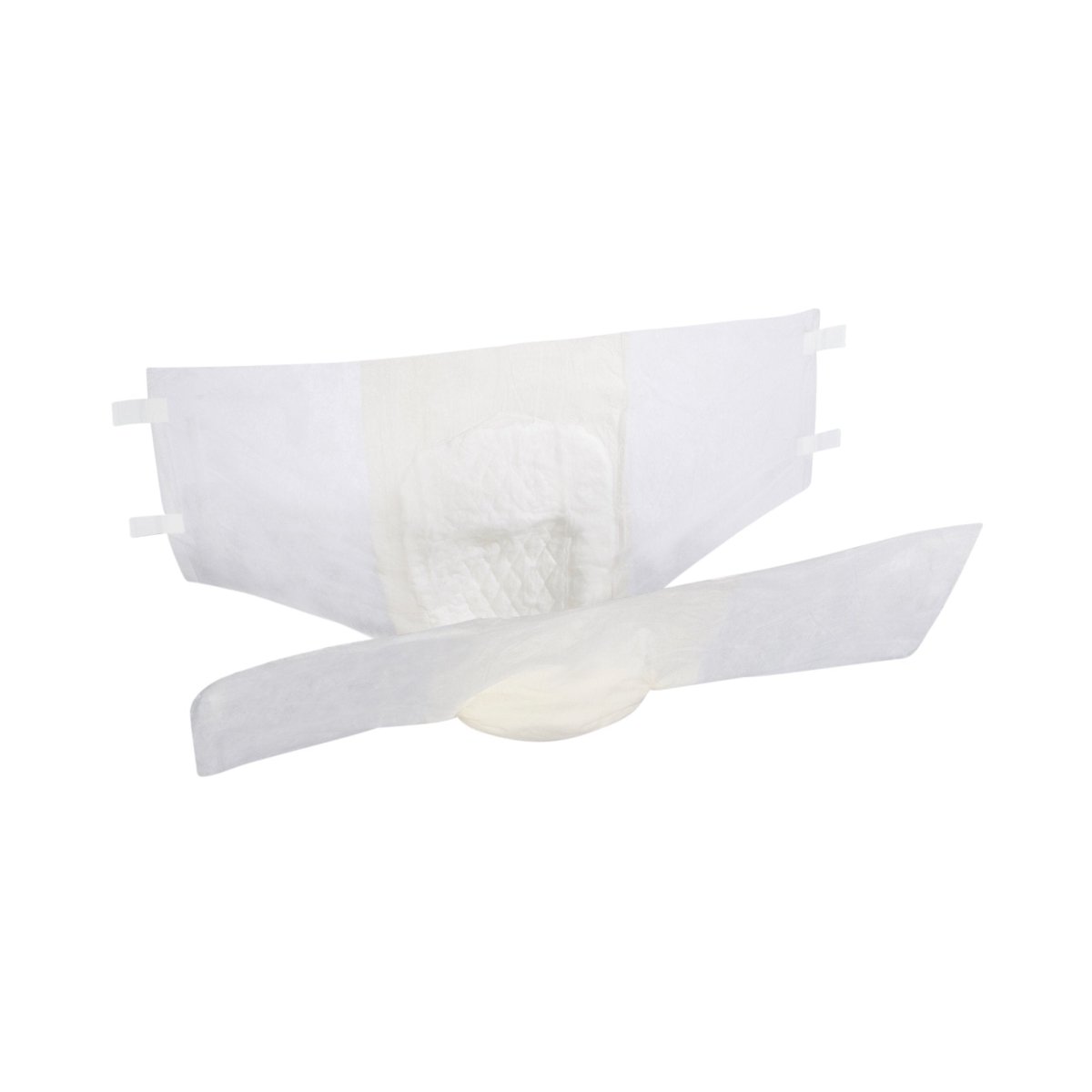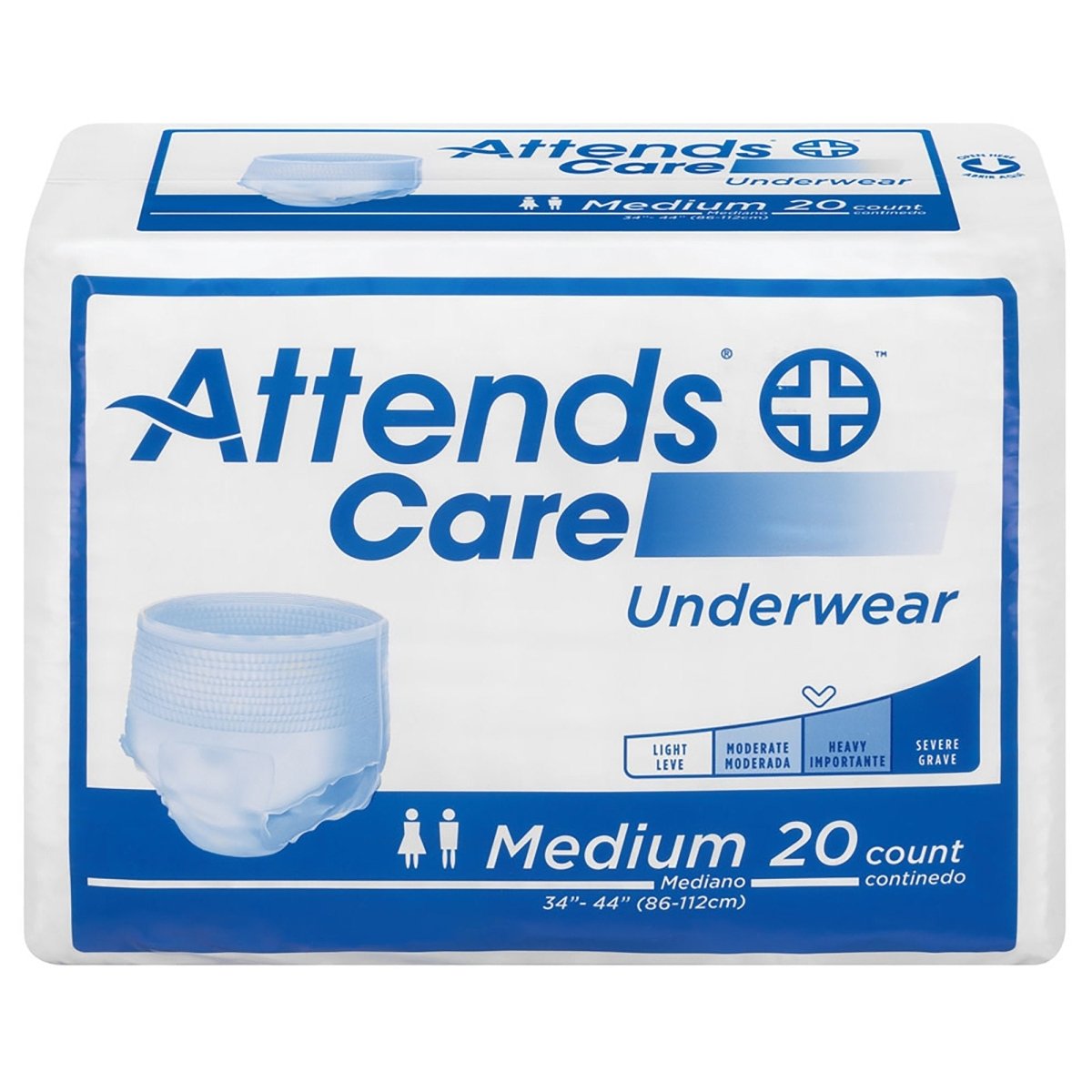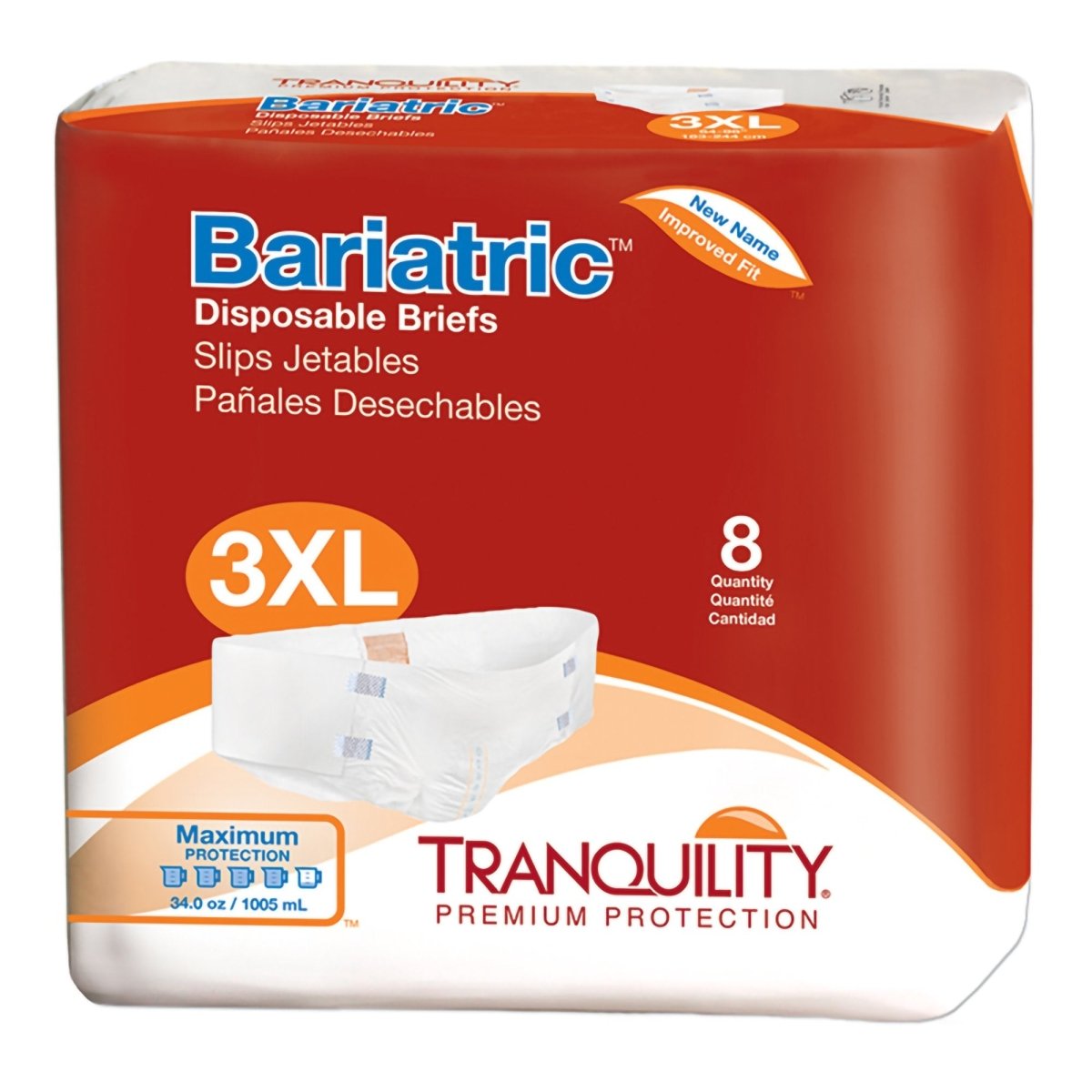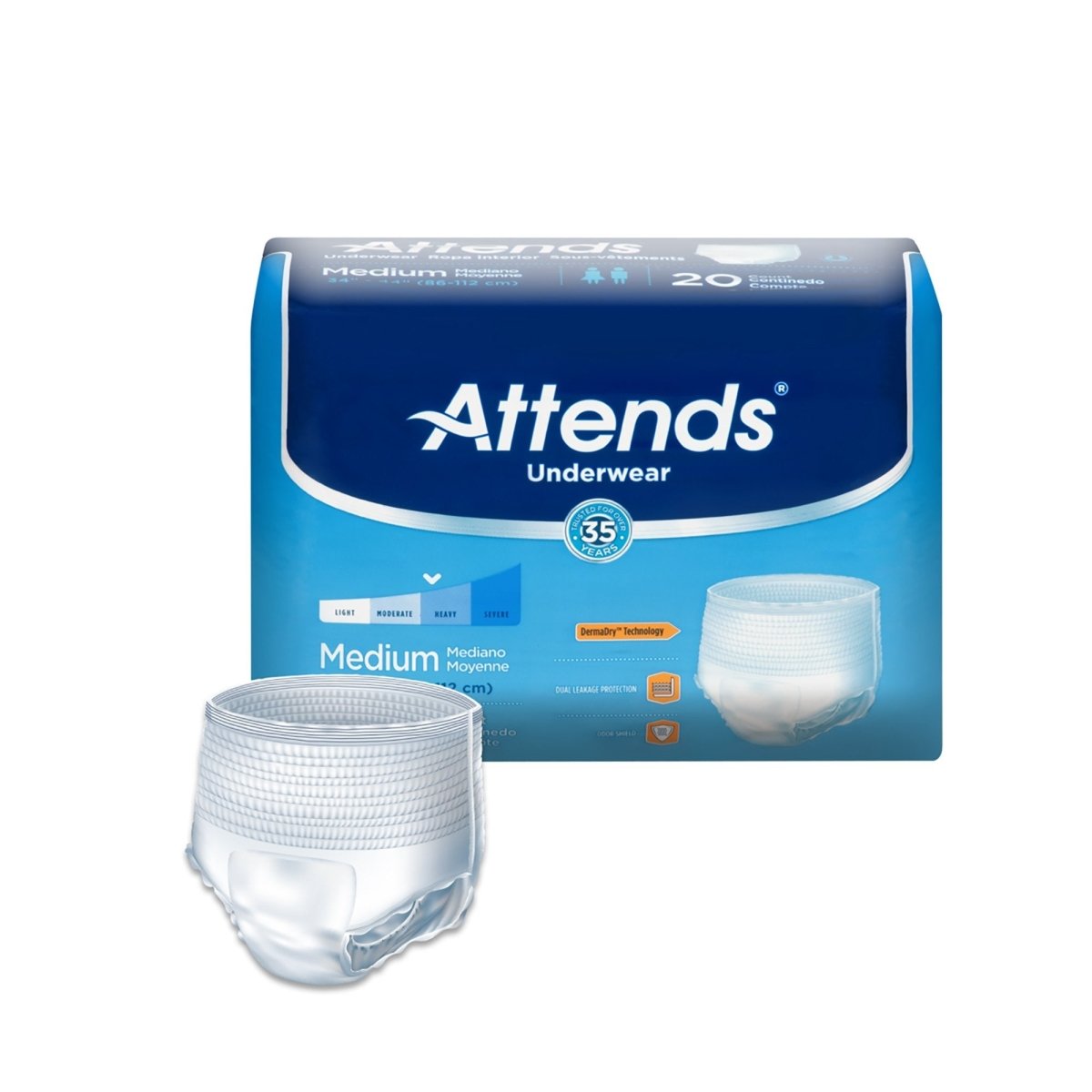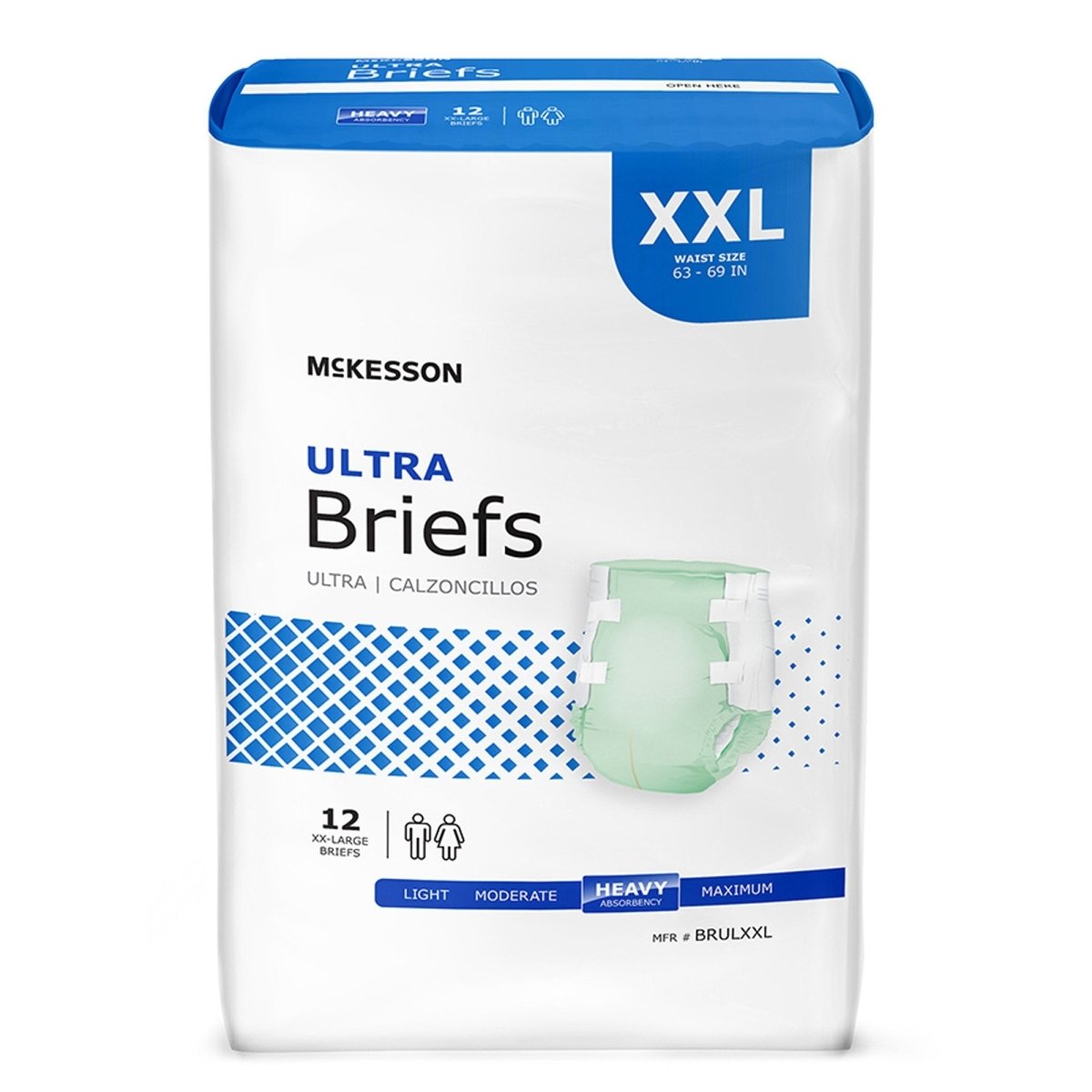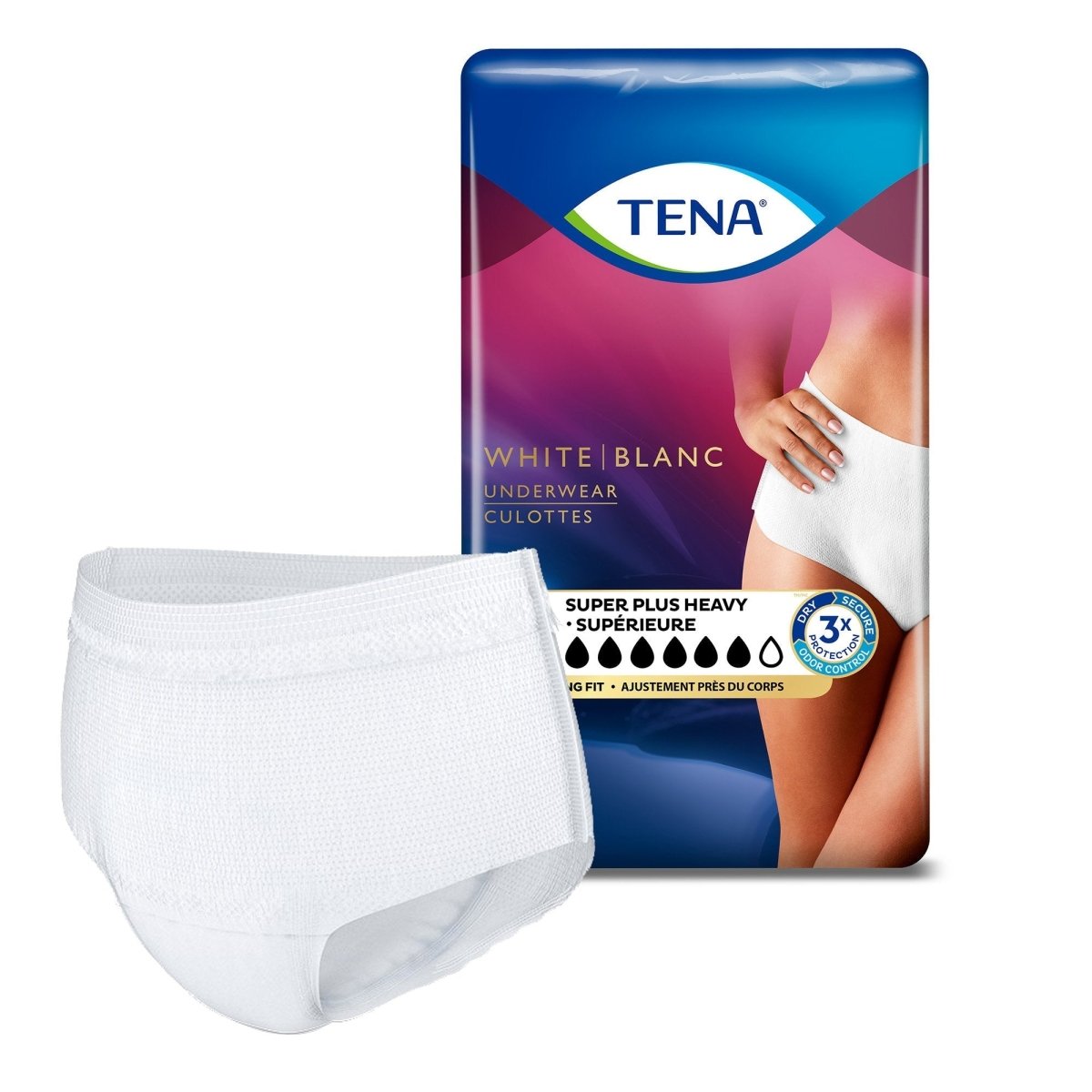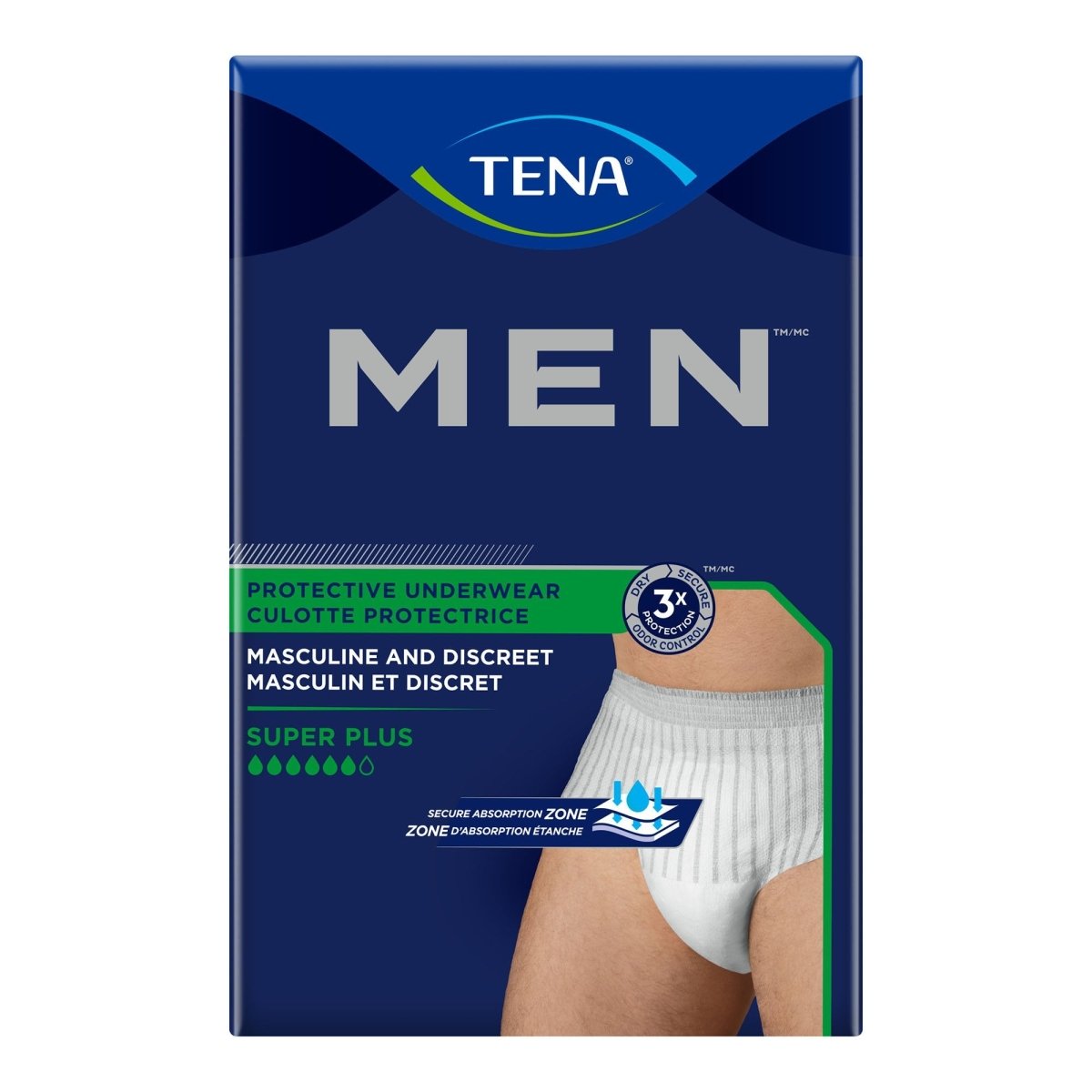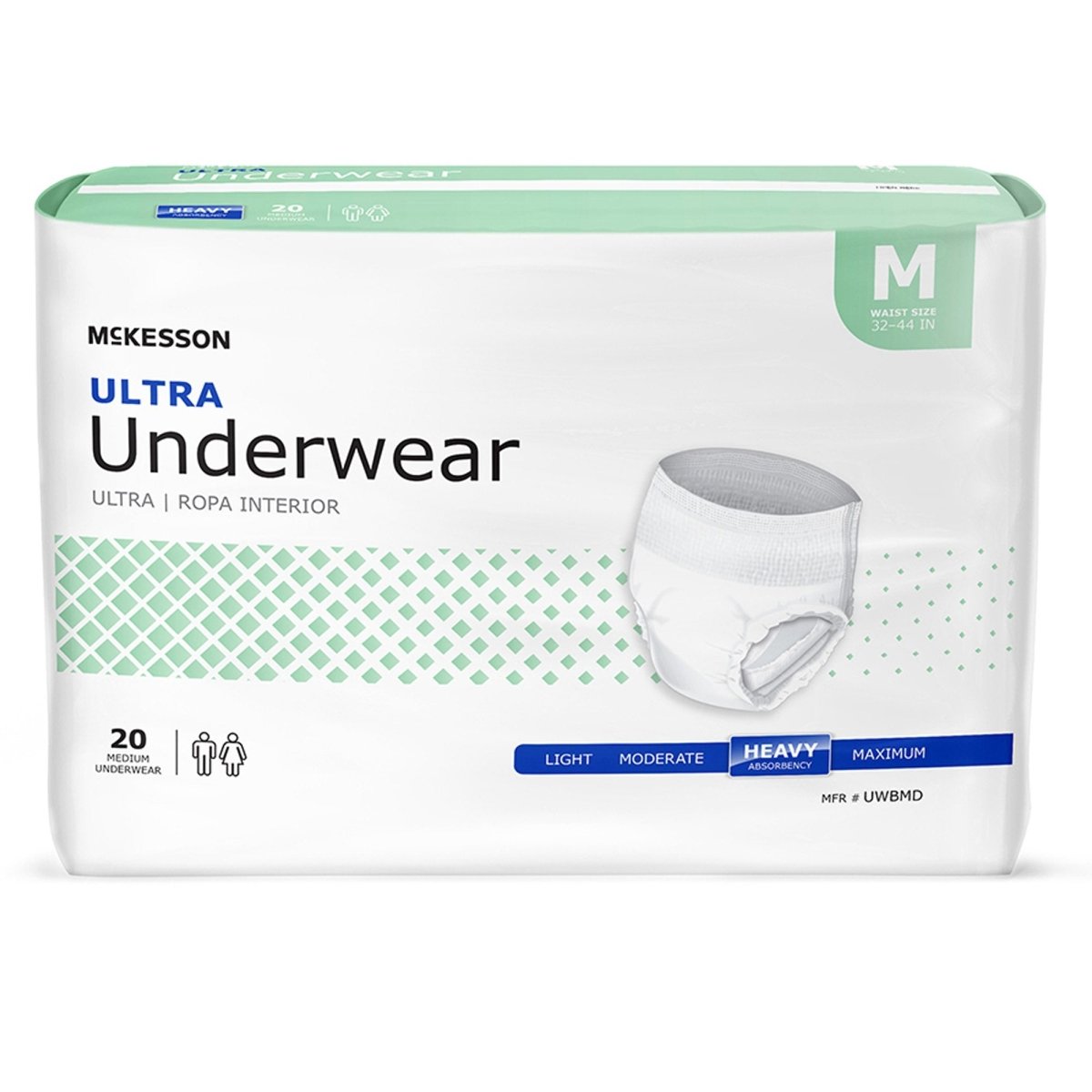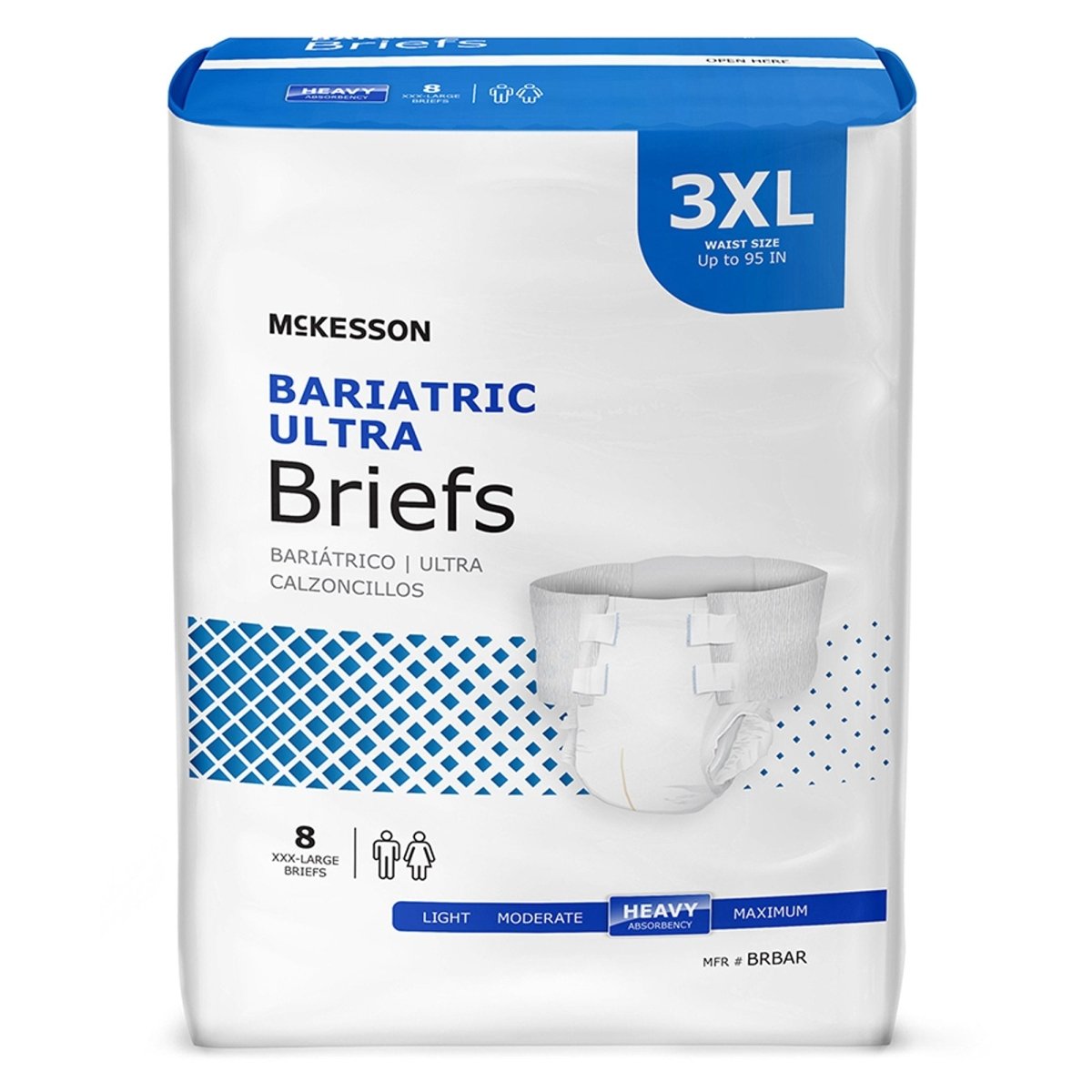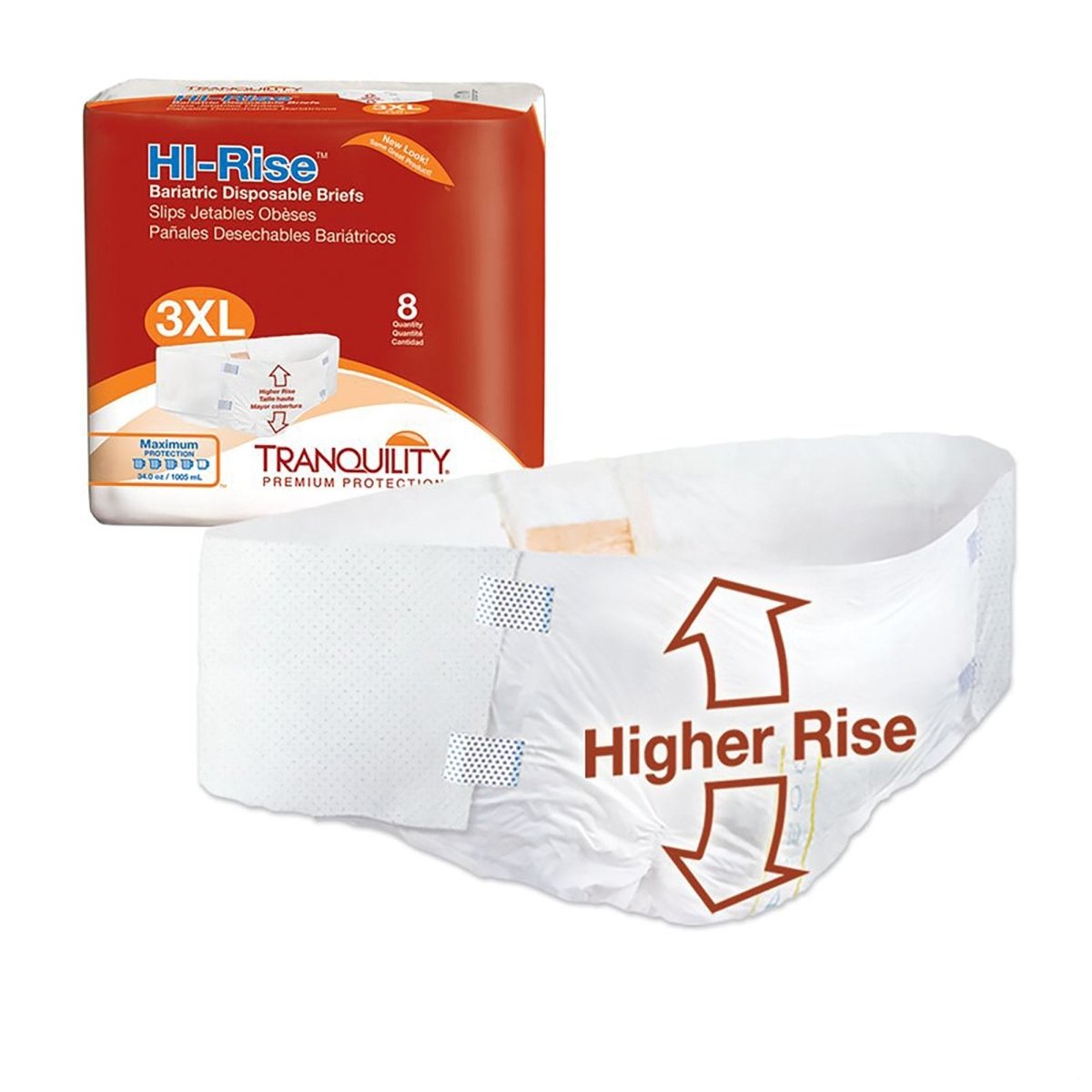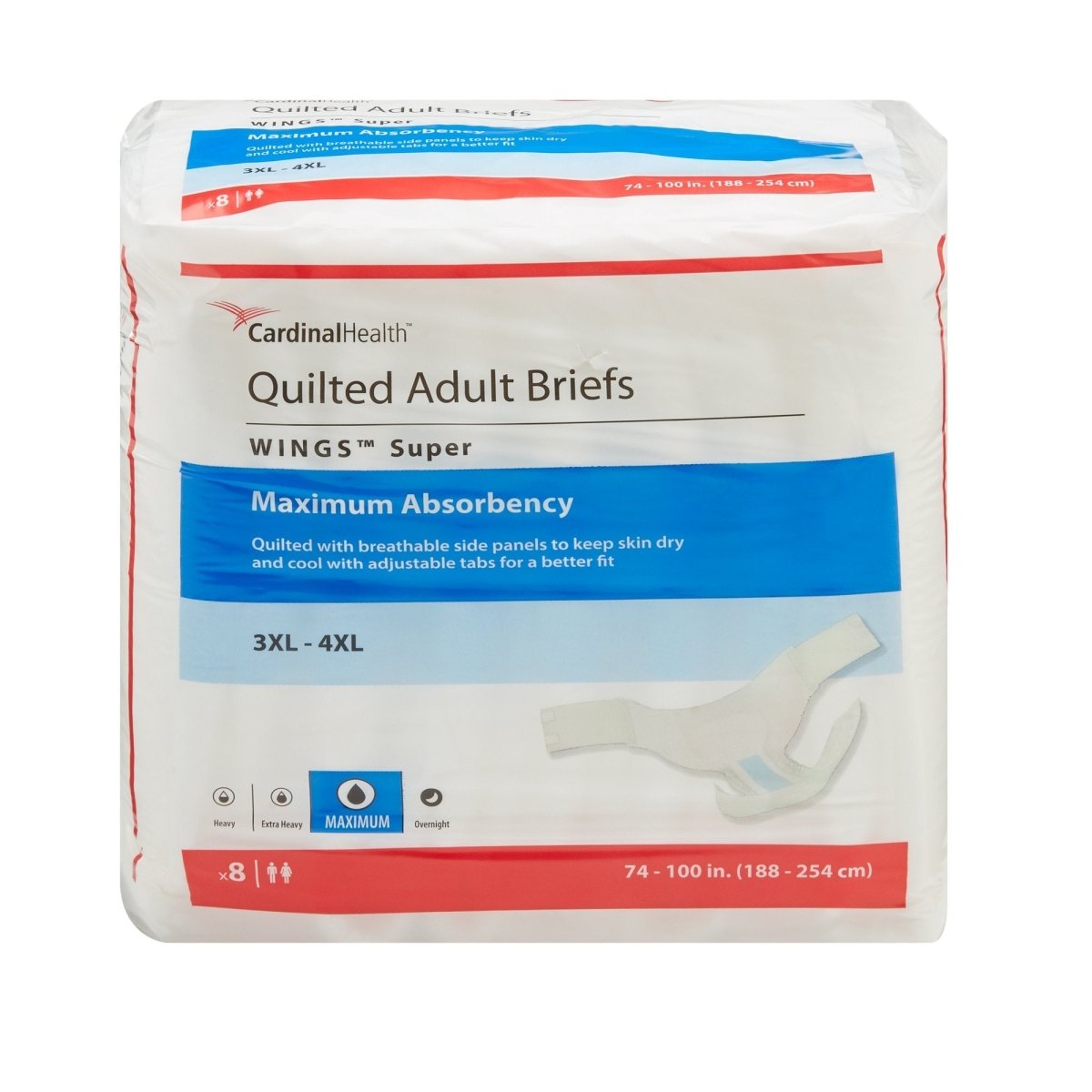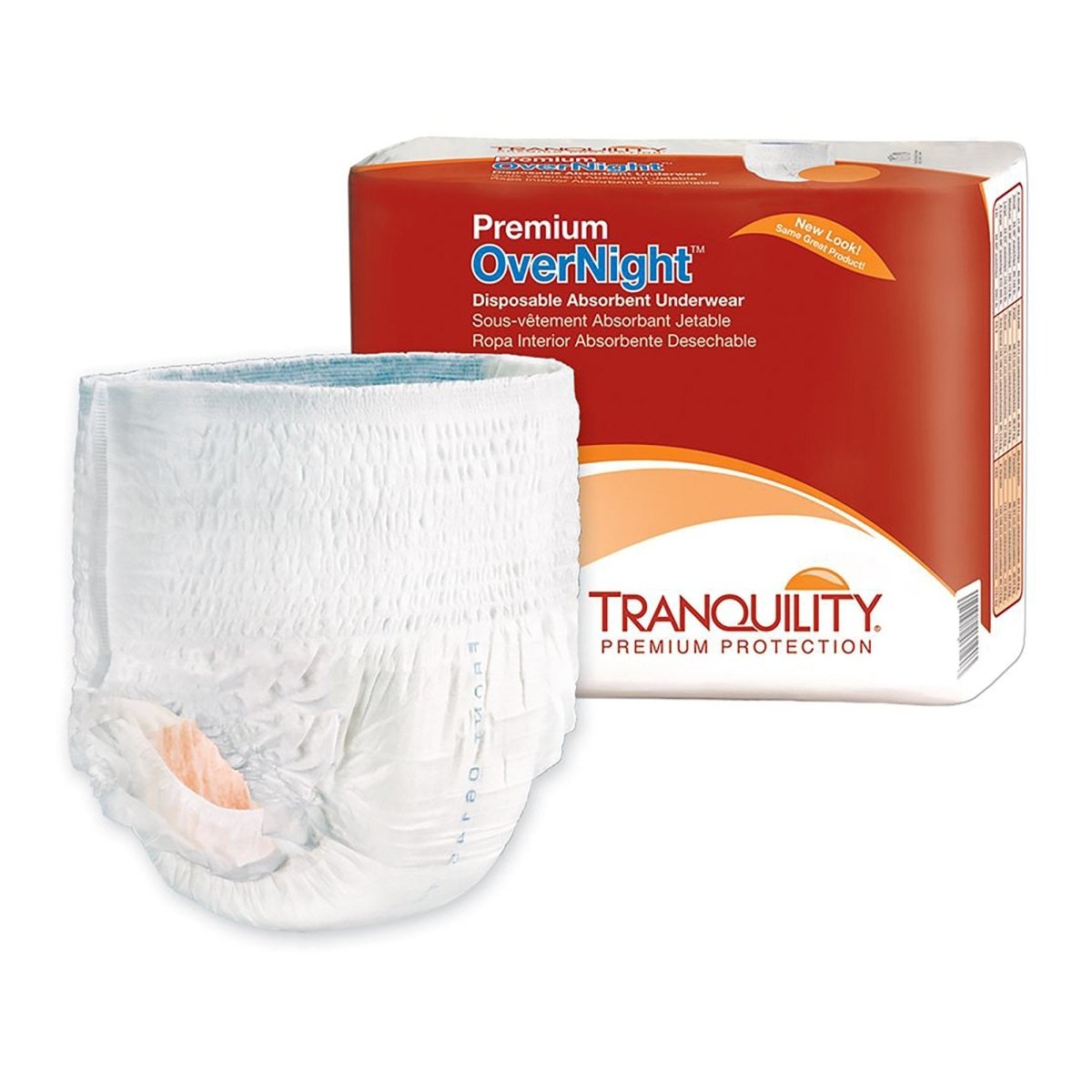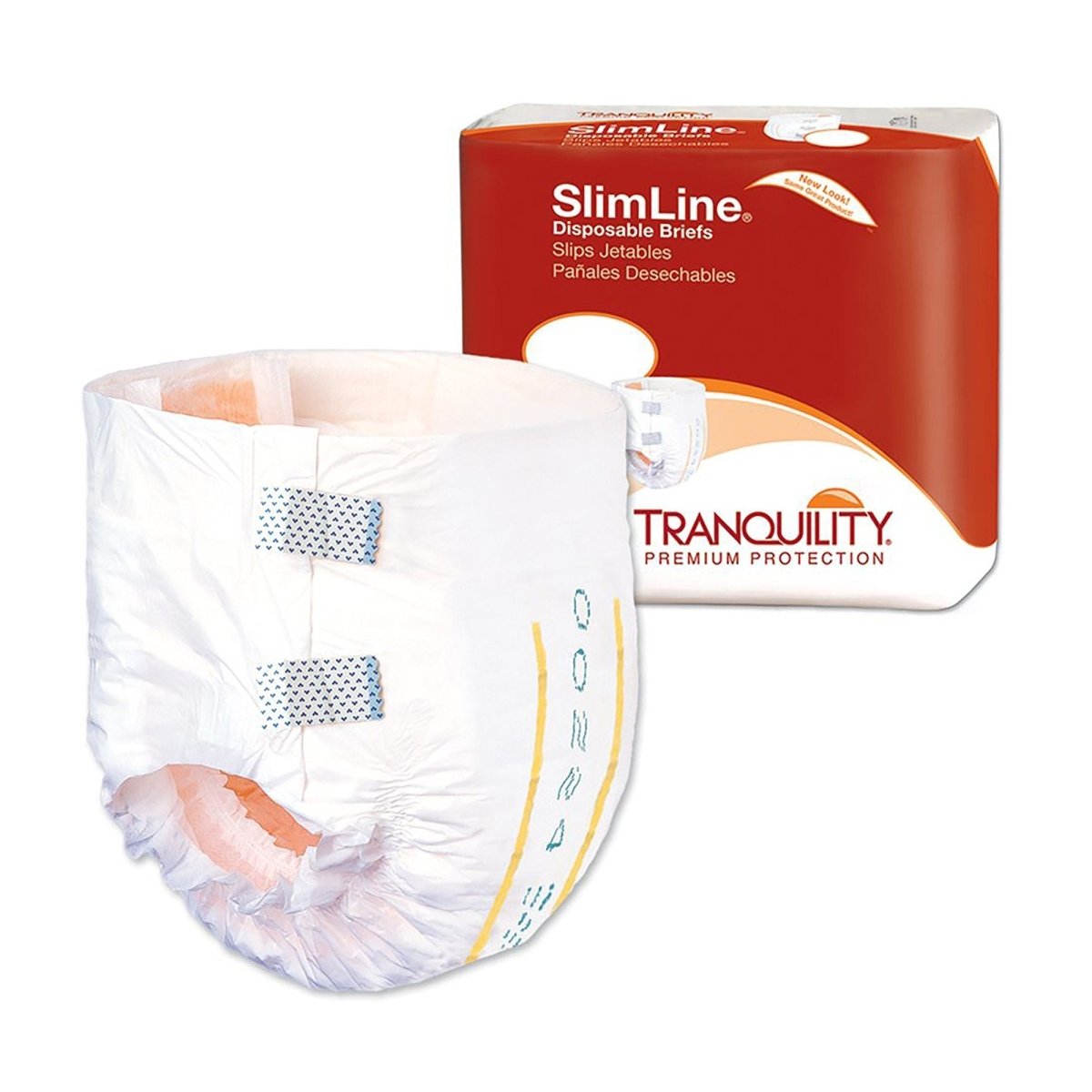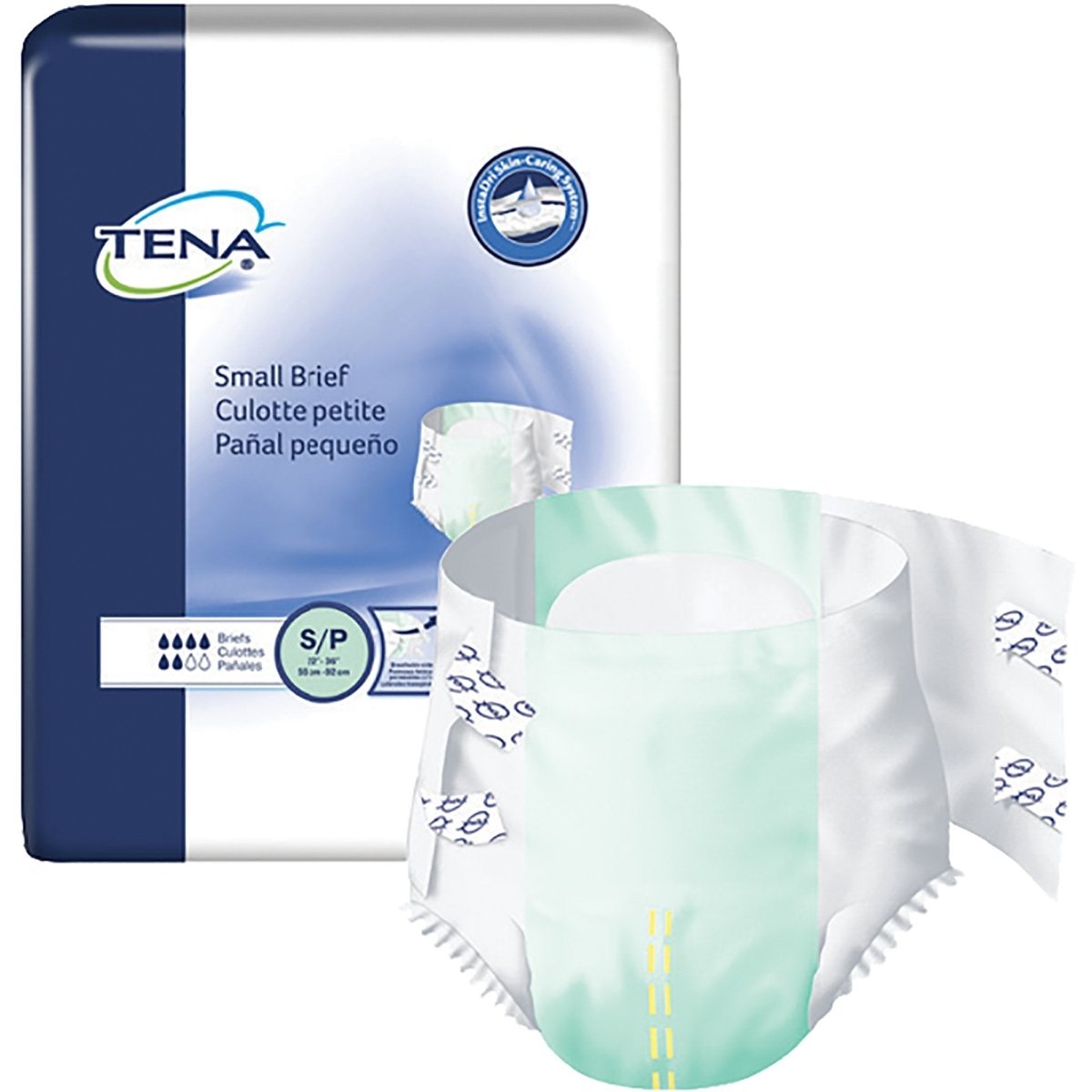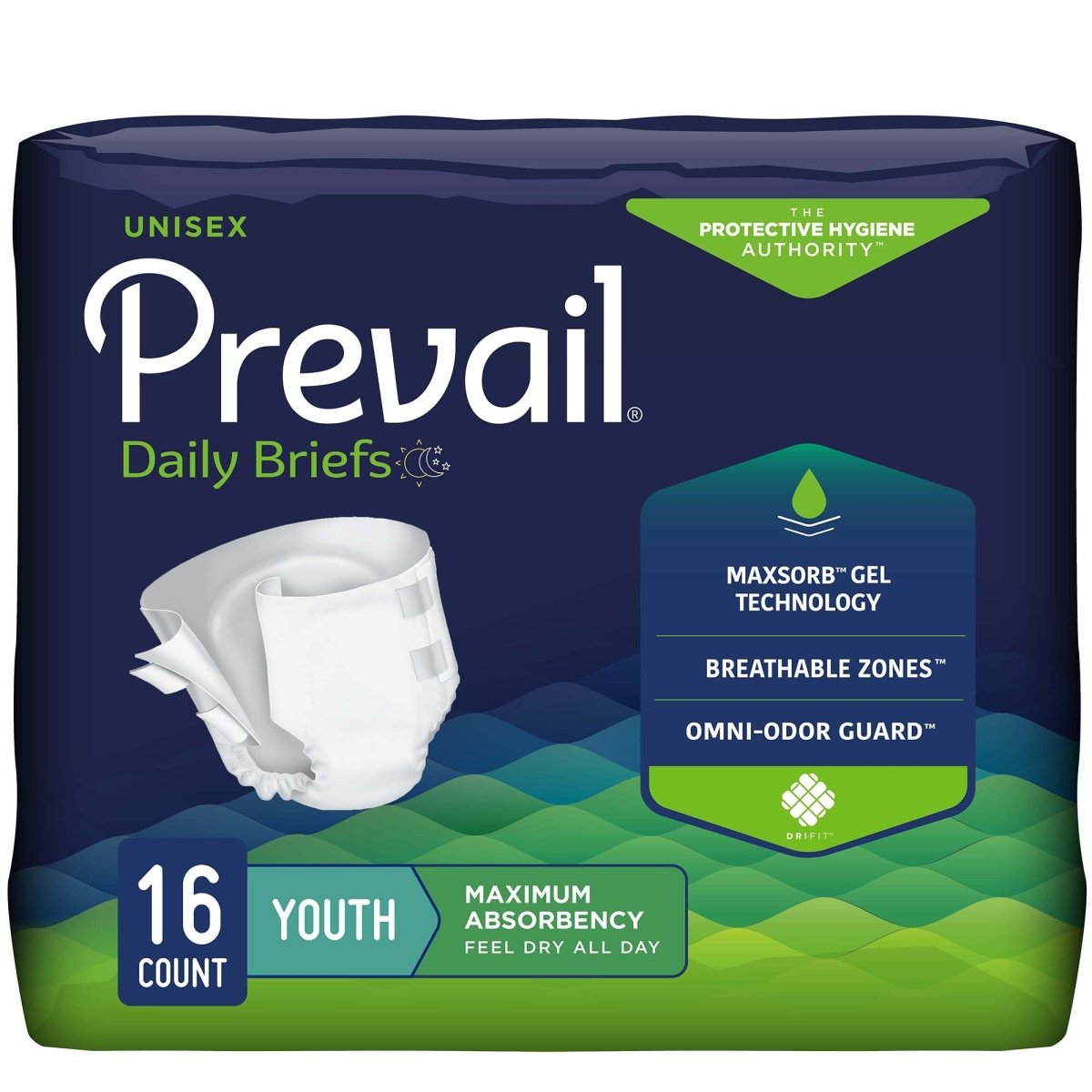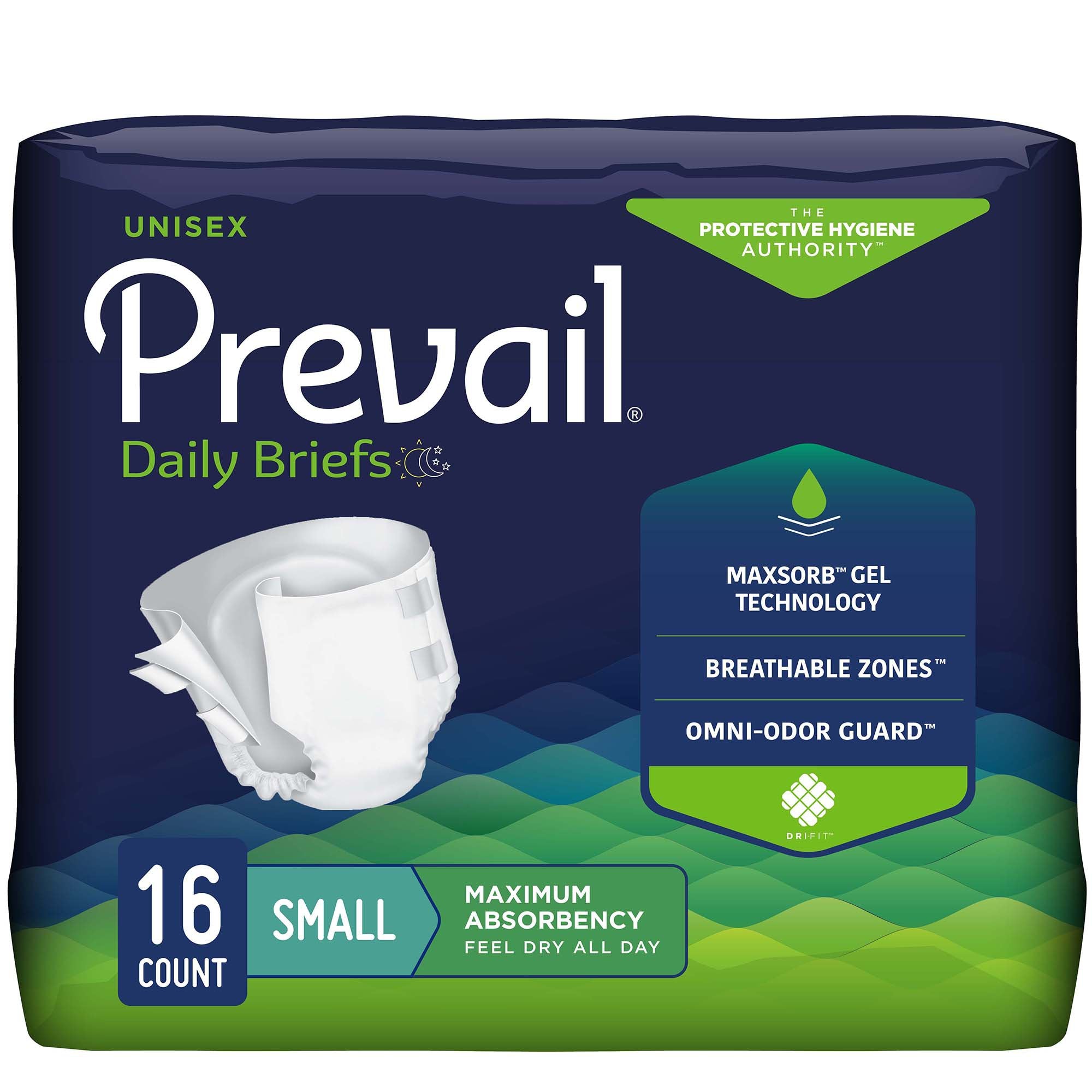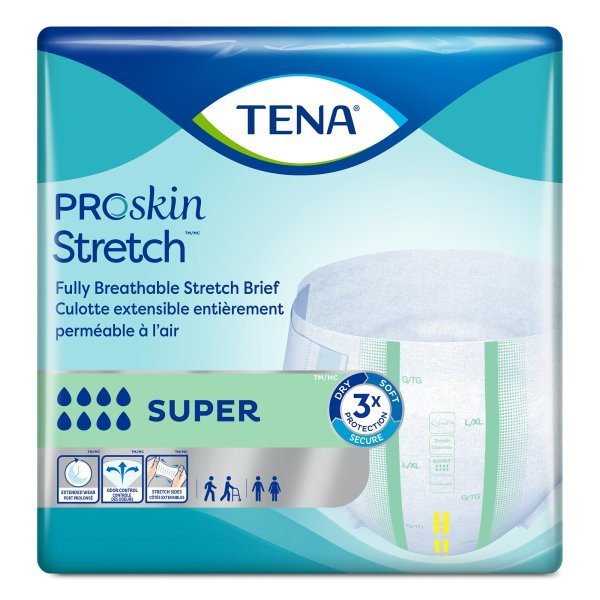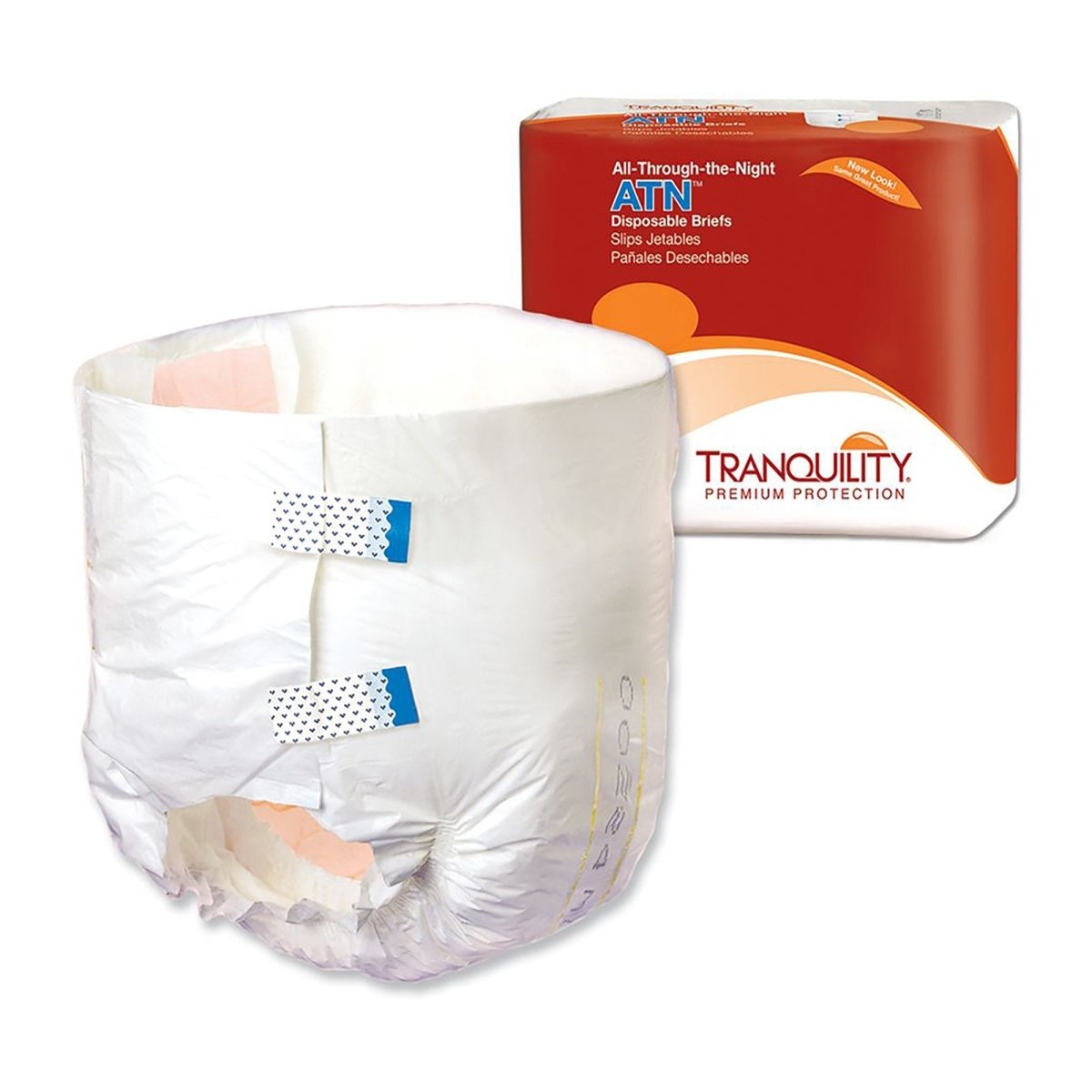Protective briefs and underwear play a crucial role in ensuring comfort, confidence, and dignity for individuals facing various challenges such as urinary or fecal incontinence, limited mobility, or postpartum recovery. These specialized undergarments provide a reliable solution to manage such conditions discreetly and effectively. In this article, we will explore the different types, features, benefits, and considerations when choosing protective briefs and underwear, as well as provide useful tips for their effective usage.
Protective briefs and underwear are specially designed garments that offer protection against involuntary bladder or bowel leakage. They are typically worn beneath regular clothing and provide an extra layer of security and confidence. While they are commonly used by individuals with incontinence issues, they can also be beneficial for various other situations.
What are protective briefs and underwear?
Protective briefs and underwear are designed to absorb and contain bodily fluids, providing a hygienic and convenient solution for those dealing with incontinence or other similar conditions. They are available in various sizes, absorbency levels, and styles to suit individual needs.
Importance of protective briefs and underwear for various individuals
For individuals experiencing urinary or fecal incontinence, protective briefs and underwear are essential to maintain an active and independent lifestyle. They offer peace of mind, allowing people to engage in daily activities without the constant worry of embarrassing accidents or discomfort. Additionally, protective briefs and underwear are also useful for postpartum women, people with limited mobility, individuals with disabilities or special needs, and others who may benefit from their features and functionality.
Types of Protective Briefs and Underwear
Protective briefs and underwear are available in two main types: disposable and reusable. Each type has its advantages and considerations, depending on individual preferences and requirements.
Disposable protective briefs and underwear
Disposable protective briefs and underwear are designed for single-use and are convenient for travel or situations where regular changes are challenging. They are made from absorbent materials that quickly lock away moisture, preventing leaks and ensuring dryness. Disposable options are available in various absorbency levels, allowing individuals to choose based on their specific needs.
Reusable protective briefs and underwear
Reusable protective briefs and underwear are made from washable materials, offering a more sustainable and cost-effective solution for long-term use. They often feature moisture-wicking fabrics that keep the skin dry and comfortable. Reusable options come in different styles, including traditional briefs, pull-ups, or underwear-like designs, providing choices for different preferences and requirements.
Absorbency levels and sizes
Protective briefs and underwear are available in different absorbency levels, ranging from light to heavy. Lighter options are suitable for individuals with mild incontinence, while heavier absorbency is recommended for those with more severe conditions. It is essential to choose the right absorbency level to ensure optimal comfort and protection. Moreover, these garments are available in various sizes to accommodate different body types and ensure a snug fit.
Features and Benefits of Protective Briefs and Underwear
Protective briefs and underwear offer a range of features and benefits that contribute to their effectiveness and user satisfaction. Understanding these features can help individuals make informed choices when selecting the most suitable options for their needs.
Comfort and fit
One of the essential aspects of protective briefs and underwear is their comfort and fit. They are designed to be discreet and snug, ensuring a comfortable experience throughout the day. Elastic waistbands, leg cuffs, and stretchable materials contribute to a secure and personalized fit, allowing freedom of movement and preventing leakage.
Odor control and moisture-wicking properties
Protective briefs and underwear incorporate advanced technologies to control odor and wick away moisture effectively. They often feature odor-neutralizing agents that prevent the development of unpleasant smells, ensuring freshness and confidence. Moisture-wicking properties enable quick absorption and distribution of fluids, keeping the skin dry and minimizing the risk of irritation.
Leakage protection and containment
One of the primary purposes of protective briefs and underwear is to provide leakage protection and containment. They feature absorbent cores that rapidly capture and lock away fluids, preventing leaks and maintaining dryness. Additionally, some options offer leak guards or double-layered designs for enhanced protection, reducing the chances of accidents or discomfort.
Skin-friendly materials
To promote skin health and minimize the risk of irritation or allergies, protective briefs and underwear are typically made from skin-friendly materials. These materials are soft, breathable, and hypoallergenic, ensuring optimal comfort and reducing the likelihood of skin irritations or rashes.
Who Can Benefit from Protective Briefs and Underwear?
Protective briefs and underwear are designed to address the needs of various individuals facing specific challenges. The following groups can benefit from the usage of protective briefs and underwear:
Individuals with urinary incontinence
Urinary incontinence is a common condition characterized by the inability to control bladder function. Protective briefs and underwear provide a practical solution to manage urinary leakage discreetly, allowing individuals to maintain their active lifestyle and participate in daily activities with confidence.
Individuals with fecal incontinence
Fecal incontinence refers to the inability to control bowel movements, resulting in unintentional bowel leakage. Protective briefs and underwear offer an effective barrier against fecal leakage, preventing embarrassing situations and promoting a sense of security and comfort.
People with limited mobility
Individuals with limited mobility, such as those with physical disabilities or the elderly, may face challenges in reaching the bathroom in time. Protective briefs and underwear provide a reliable solution for managing incontinence, ensuring dignity and convenience for those with mobility limitations.
Postpartum women
After giving birth, women may experience temporary bladder or bowel control issues. Protective briefs and underwear offer support and confidence during the postpartum recovery phase, allowing women to focus on healing and bonding with their newborns without worrying about accidents or discomfort.
Individuals with disabilities or special needs
Protective briefs and underwear cater to the unique needs of individuals with disabilities or special requirements. These individuals may experience difficulty with toileting or have specific medical conditions that require reliable protection. Protective briefs and underwear offer practicality and comfort, contributing to their overall well-being and quality of life.
Factors to Consider When Choosing Protective Briefs and Underwear
Selecting the right protective briefs and underwear involves considering several essential factors to ensure the best fit, comfort, and effectiveness. The following considerations can help individuals make informed decisions:
Absorbency requirements
Determining the appropriate absorbency level is crucial for effective leakage protection. Consider the severity of incontinence and the frequency of accidents to choose the most suitable absorbency level. It is advisable to consult with healthcare professionals for personalized recommendations.
Size and fit
Proper sizing is essential for comfort and leakage prevention. Protective briefs and underwear come in various sizes, and it is crucial to select the right size based on individual measurements. A snug fit ensures optimal performance and prevents leaks.
Comfort and discretion
Comfort and discretion are important aspects of protective briefs and underwear. Look for options with soft, breathable materials that provide a comfortable wearing experience. Additionally, consider the level of discretion desired, as some garments are designed to resemble regular underwear, ensuring a more natural and confident appearance.
Ease of use and convenience
Choose protective briefs and underwear that are easy to put on and take off, especially for individuals with limited dexterity or mobility. Features such as tear-away sides or adjustable tabs can simplify the changing process and ensure convenience.
How to Use Protective Briefs and Underwear Effectively
To maximize the benefits of protective briefs and underwear, it is essential to follow proper usage guidelines. The following tips can help individuals use them effectively:
Proper sizing and fitting
Ensure a proper fit by selecting the correct size and adjusting the waistband and leg cuffs for a snug yet comfortable fit. Improper sizing may compromise the effectiveness of the garment and increase the risk of leakage.
Changing and disposing of disposable briefs
For disposable protective briefs, it is crucial to change them regularly to maintain hygiene and prevent discomfort. Follow the manufacturer's instructions regarding changing frequency. When disposing of used briefs, roll them up and secure them with the adhesive tabs to minimize odor and potential leakage.
Washing and maintaining reusable briefs
If using reusable protective briefs, proper washing and maintenance are essential for longevity and effectiveness. Follow the care instructions provided by the manufacturer, typically involving machine or hand washing with mild detergent. Ensure thorough rinsing and proper drying before reuse.
Maintaining good hygiene practices
In addition to using protective briefs and underwear, it is important to maintain good hygiene practices. This includes regular washing of the perineal area with mild soap and water, applying barrier creams if necessary, and maintaining a healthy diet and lifestyle.
Tips for Buying Protective Briefs and Underwear
When purchasing protective briefs and underwear, consider the following tips to make an informed decision:
Researching different brands and options
Take the time to research different brands and options available in the market. Look for reputable brands with positive customer reviews and ratings, indicating quality and reliability.
Reading customer reviews and ratings
Customer reviews and ratings provide valuable insights into the performance and user satisfaction of specific products. Consider feedback from individuals with similar needs or circumstances to make an informed choice.
Consulting with healthcare professionals
If unsure about which protective briefs and underwear to choose, consult with healthcare professionals, such as doctors, nurses, or continence advisors. They can provide personalized recommendations based on individual requirements and medical conditions.
Protective briefs and underwear provide invaluable support and confidence for individuals dealing with urinary or fecal incontinence, limited mobility, or postpartum recovery. With their advanced features, comfort, and leakage protection, these garments offer a discreet and effective solution to manage such conditions. By considering factors like absorbency, size, comfort, and convenience, individuals can choose the most suitable protective briefs and underwear for their needs, promoting a sense of dignity, comfort, and an active lifestyle.
Frequently Asked Questions about Protective Briefs & Underwear
Do you still have questions about Protective Briefs & Underwear?
If we still haven't answered your question, you can contact us by phone or email and we will get back to you as soon as possible.

